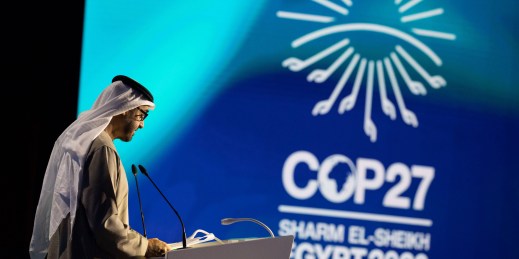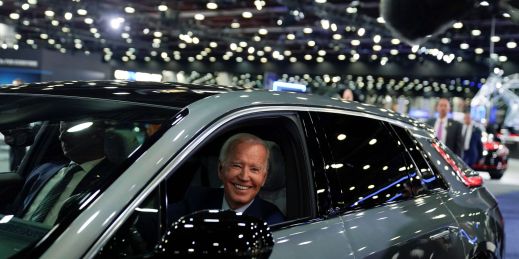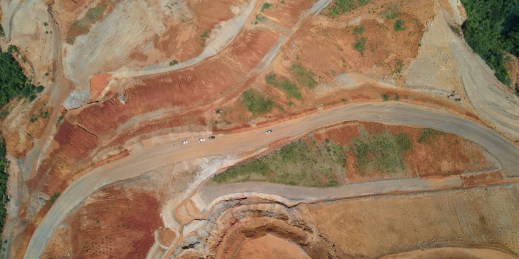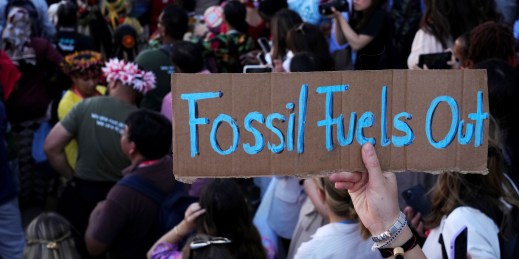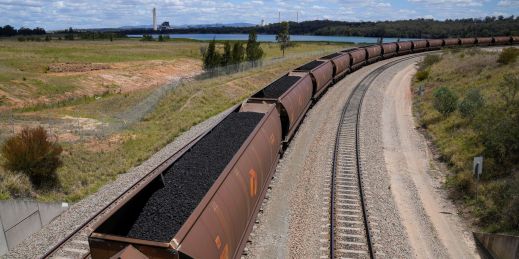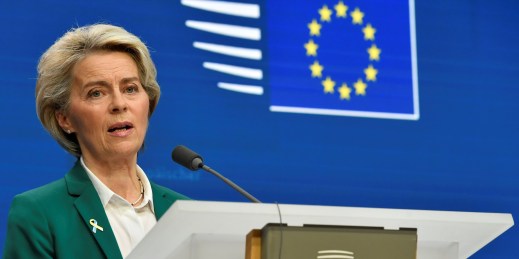
After much foot-dragging, the European Commission proposed a cap on the price it will pay for natural gas yesterday. Fifteen of the union’s members had proposed such a cap to limit Russian energy revenues due to spiking gas prices since Moscow’s invasion of Ukraine, but a group of members led by Germany are opposed to it.

